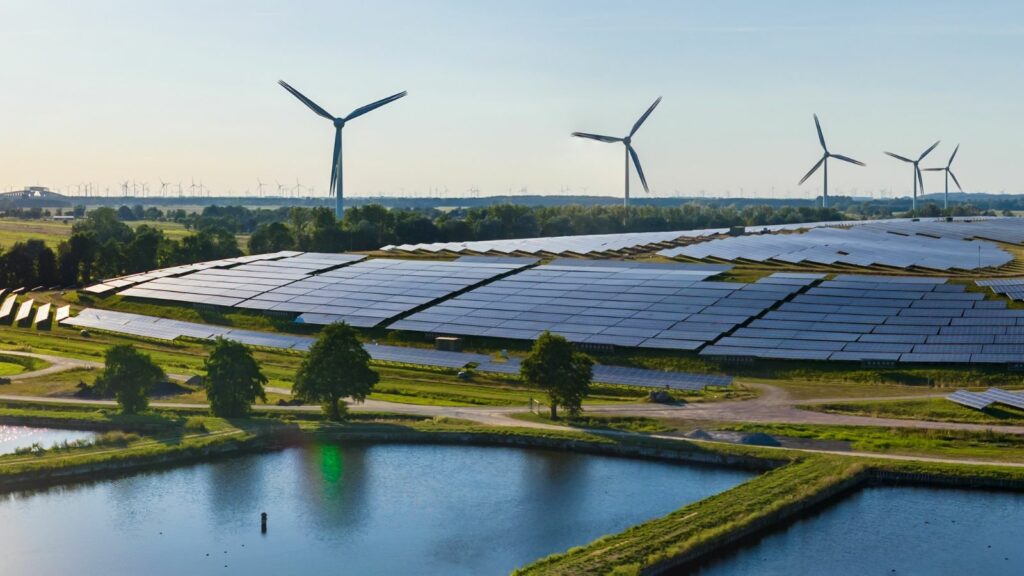Alternative energy adoption has increased over the last couple of years, and people and towns are increasingly adopting renewable sources such as solar, wind, and geothermal power. People widely understand the environmental and economic benefits of alternative energy, but some hidden drivers propel this change. Here are 18 surprising reasons why more people are switching to alternative energy options.
Increasing Energy Security Concerns

Rising energy security concerns stem from global political instability disrupting traditional energy supplies. Solar panels offer a practical solution by enabling households to generate their own power, reducing dependence on external sources. This shift to renewables ensures a more stable and reliable energy supply, mitigating risks associated with international conflicts.
Technological advancements
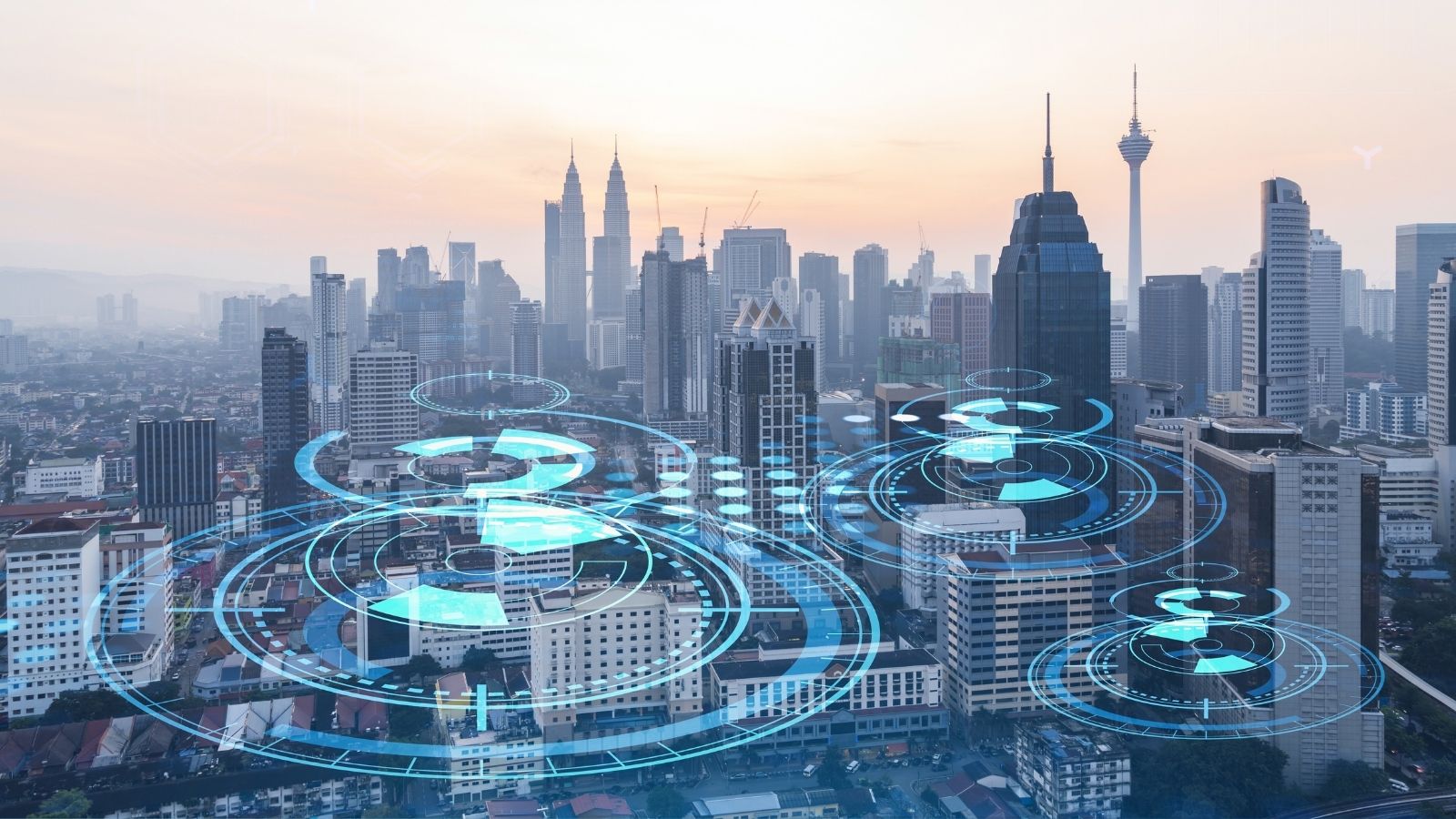
New ideas in renewable energy, like more efficient solar panels, better wind turbines, and advanced energy storage, have made alternative energy easier to use. Smart grids and artificial intelligence have improved how energy is used and shared. These changes have lowered costs, boosted performance, and made renewables available to more people and businesses globally.
Higher natural disasters

As weather events have become catastrophic and associated with climate change, people are looking for alternate sources of energy that could resist power outages. Solar panels combined with battery storage allow resilience in case of storms, wildfires, or flooding that causes power outages. Apart from individual resilience, community-wide microgrids fueled by renewable energy are emerging as reliable responses to natural disaster disruptions.
Urbanization and Smart Cities

The use of renewable energy becomes part of metropolitan city planning as metropolitan areas expand. Rooftop solar systems, microgrids, and wind farms have become the norm, thus influencing people to use alternative energy sources at home. In smart cities, there is also energy efficiency through IoT devices maximizing the use of renewable energy and reducing waste.
Health Benefits

Burning fossil fuels increases air pollution, leading to higher rates of respiratory and heart problems. Growing awareness of these health risks has encouraged people to switch to cleaner energy sources. Cleaner air not only improves public health but also reduces a country’s reliance on fossil fuels and lowers healthcare expenses.
Influence of social movements

Grassroots movements that seek sustainability and renewable energy have heightened public awareness. Social media campaigns, grassroots community projects, and youth activism like Fridays for Future have inspired people to use alternative energy to help achieve international environmental goals. These grassroots movements instill a sense of urgency and accountability, causing a communal push for renewable solutions.
Tax incentives and subsidies
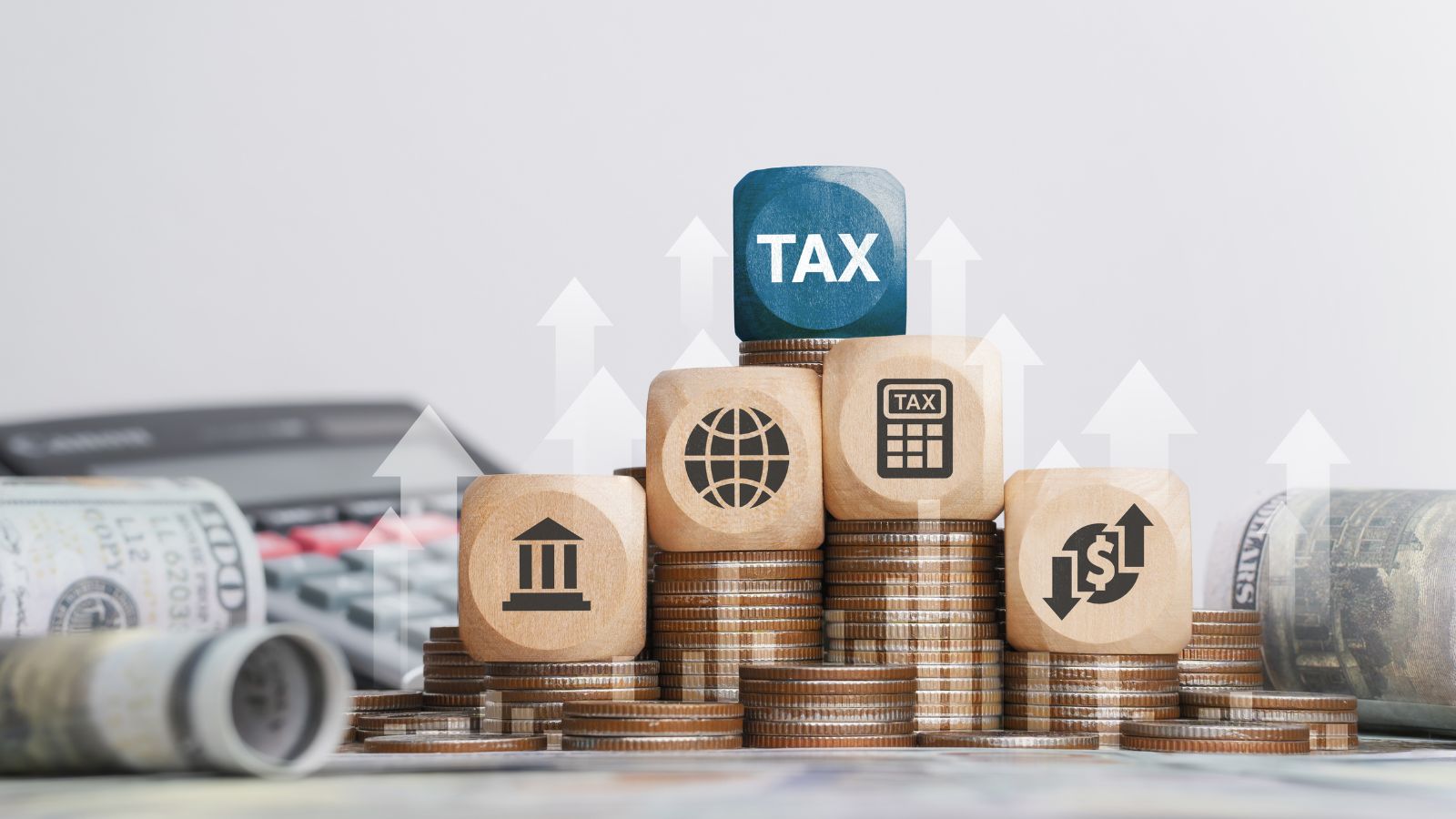
Most governments are offering incentives in the form of tax credits, refunds, and grants to use renewable energy. Such schemes make alternative energy cheap and attractive for both consumers and businesses. Energy storage systems subsidies are also a part of incentives that support the faster transition to renewables.
Corporate responsibility
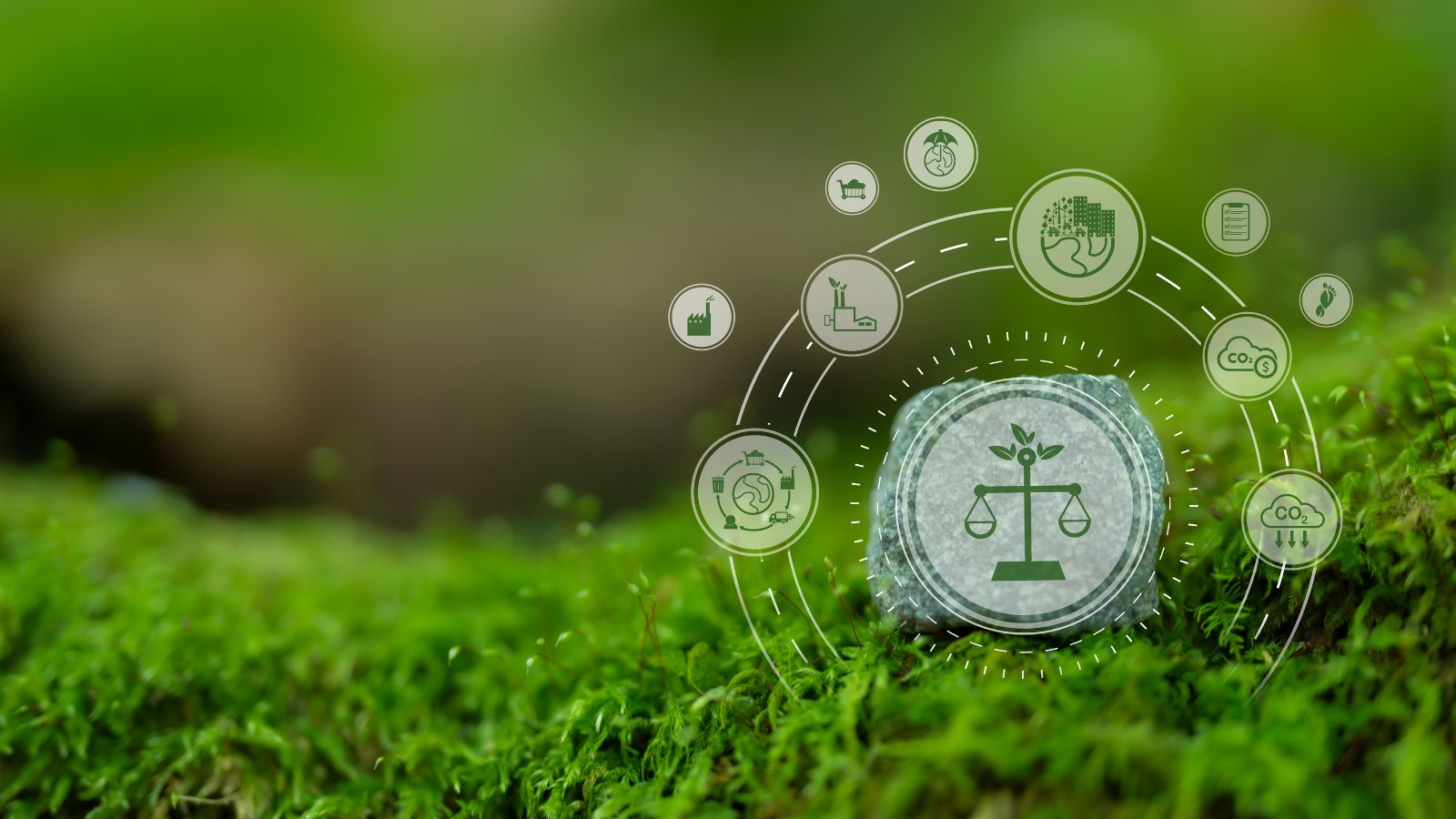
Businesses are setting the pace by committing to renewable energy targets. Their efforts at reducing carbon footprints and achieving sustainability have led consumers to make similar energy choices. Companies that integrate renewables often embark on marketing campaigns highlighting their green credentials, encouraging customers to buy sustainable brands.
Educational campaigns

Public education efforts that promote the benefits of renewable energy have demystified the technology. These efforts include workshops, internet materials, and school programs that raise awareness and reduce skepticism, hence encouraging more people to investigate alternative energy. Education empowers people to make informed decisions, hence accelerating adoption.
Aesthetic Appeal of Modern Design

Large, unsightly solar panels days are gone. Today’s designs easily blend in with architecture and make renewable energy systems much more acceptable for style-conscious homeowners. Roof tiles for solar and lovely wind turbines have revolutionized visual possibilities in renewable energy systems so that they really enhance rather than detract from house design.
Energy Freedom

Alternative energy gives individuals the power to control their electricity supply. For example, solar panels enable families to generate their own electricity, reducing dependence on utility companies. This not only saves money but also gives people greater control over their energy usage, leading to increased satisfaction and overall happiness.
Savings
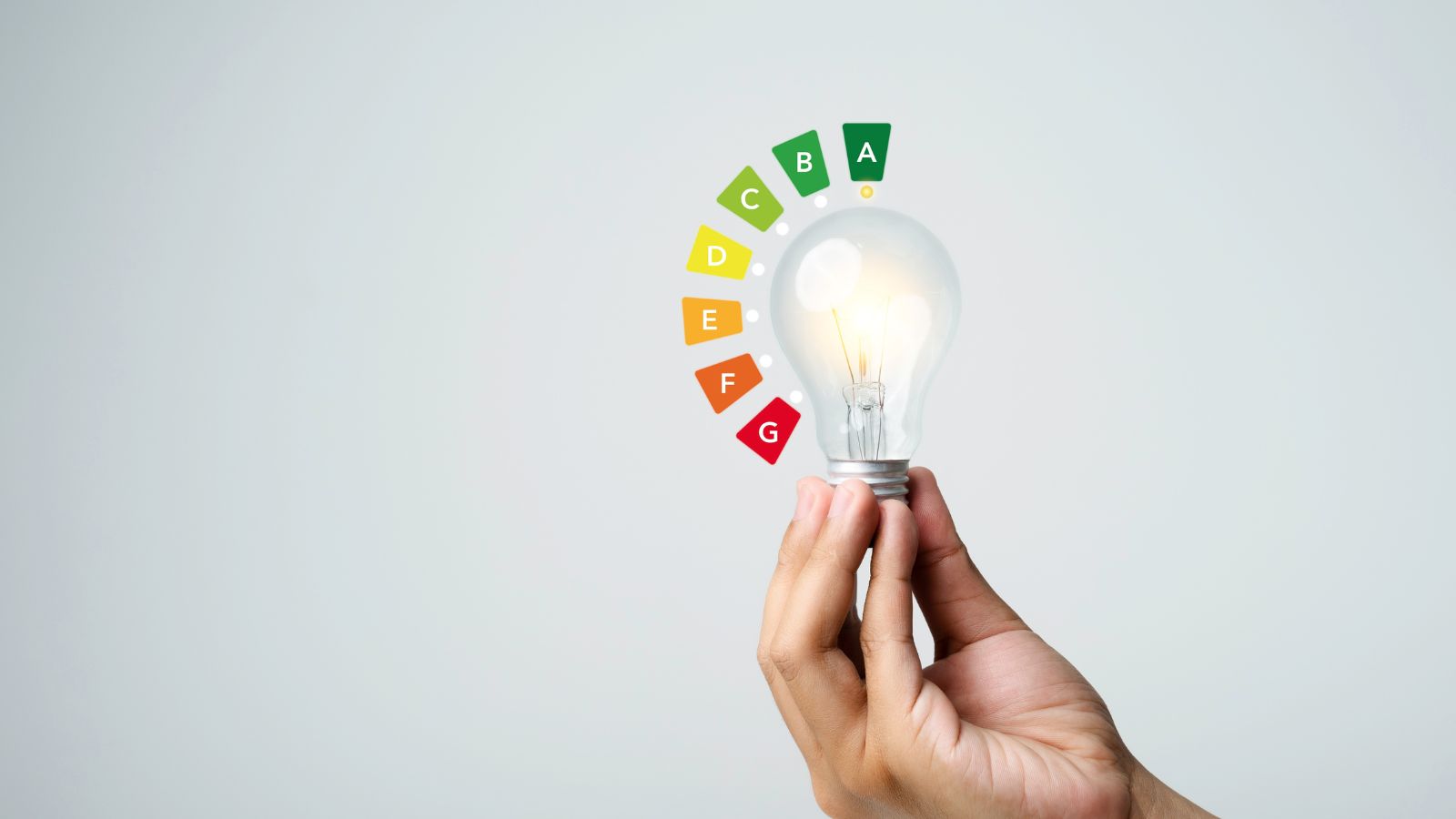
Renewable energy has now become much cheaper over the years. Solar and wind energy are nowadays among the cheapest ways to generate electricity. Thus, with economies of scale, rising competition, and advances in technology, more households and businesses can afford to shift toward renewables.
Employment Generation

The renewable energy sector is quickly emerging as a major source of job creation. Its rapid growth offers hope and opportunities, encouraging more people to adopt these technologies. Jobs in areas like solar panel installation and wind turbine maintenance support economic growth while advancing the development of sustainable energy solutions.
Bringing Energy Access to Isolated Regions

Alternative energy technologies are bringing electricity to rural and off-grid locations. Reliable power can be obtained with solar panels, small wind turbines, and micro-hydro systems where standard grid connections are impractical. All these improvements raise the quality of life and economic prospects for disadvantaged communities and support global energy equity.
Peer Pressure

Seeing friends, neighbors, or leaders in the community take on alternative energy has always been proven to inspire others to make the same decision. In this case, people may adopt due to various reasons, including community-based efforts and word of mouth as an adoption driver and trigger effect for sustainable energy behavior.
Increase in Energy Storage Solutions
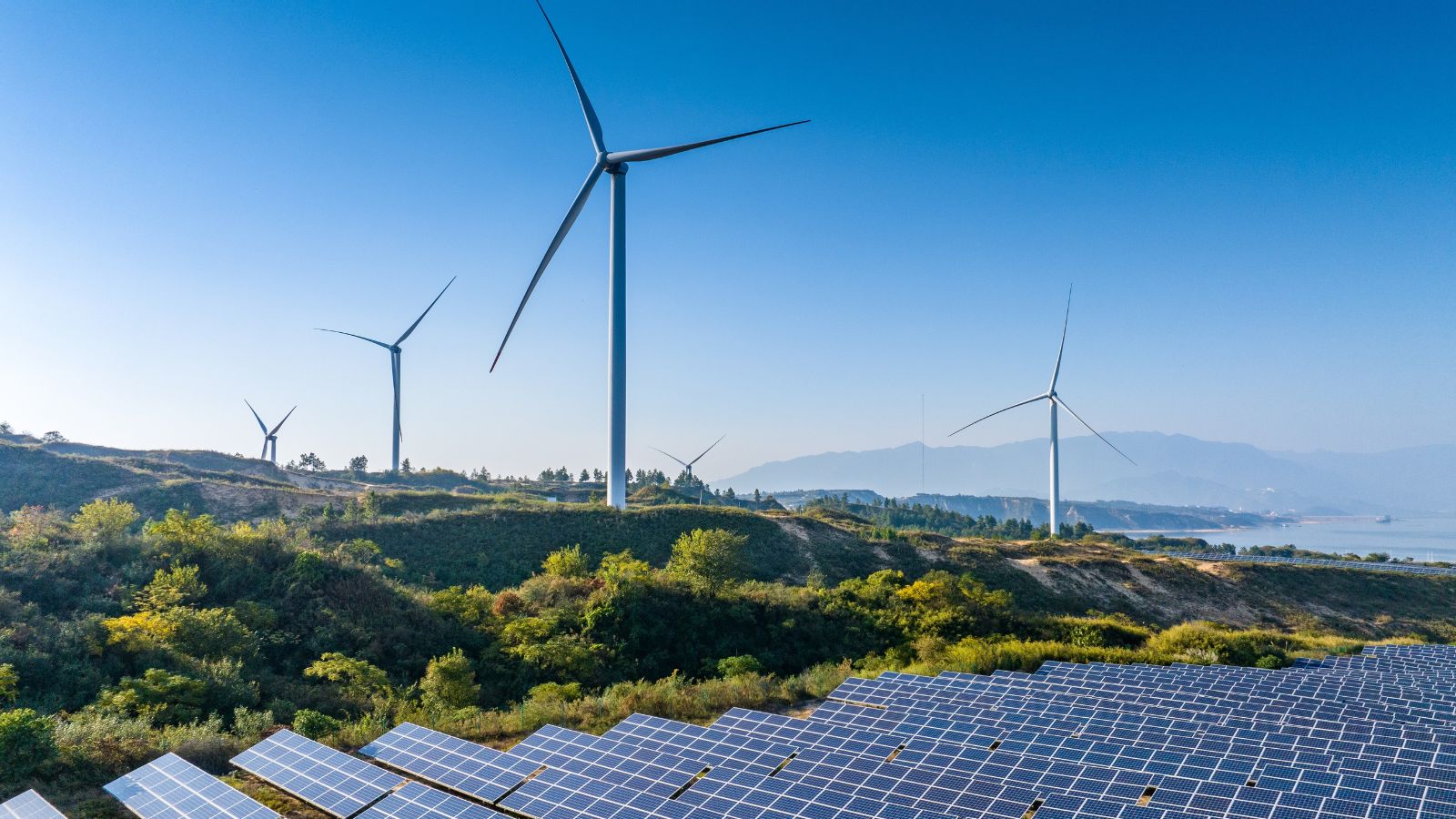
Advancements in batteries, such as lithium-ion and solid-state technologies, have significantly improved energy storage capacity. This allows renewable energy to be stored for use during peak hours or emergencies. Energy storage systems also enhance grid stability, making it easier to integrate renewable energy into the overall power generation mix.
Global Energy Transition Goals

International agreements, for example, the Paris Accord, have set ambitious goals to reduce the emission of greenhouse gases. People are increasingly connecting their energy decisions with such global goals. Joining efforts at a global level helps people take more responsibility and find purpose in life, which drives more people to rely on renewable energy.
Moral consideration
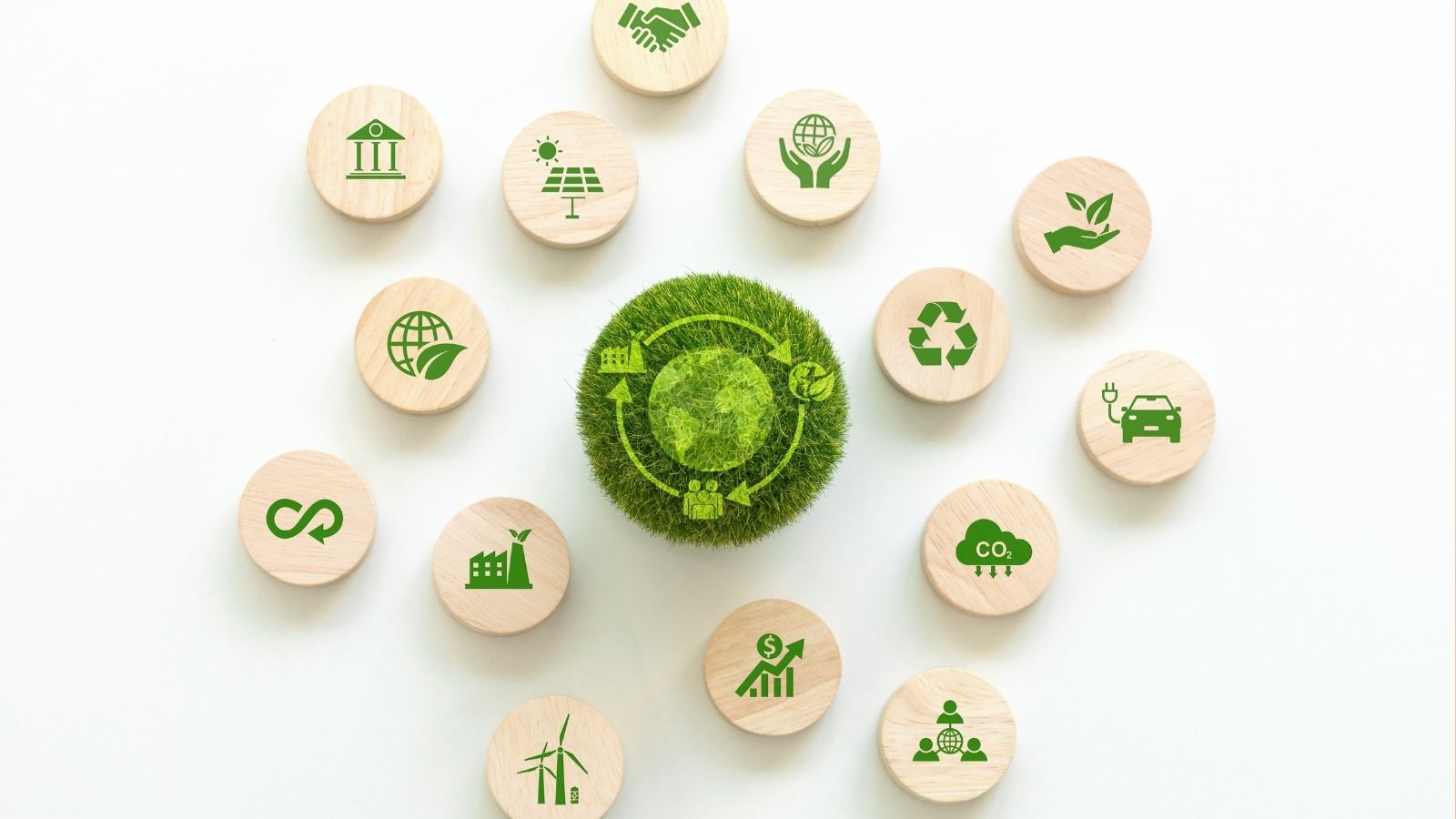
For many people, using alternative energy is a moral decision. Selecting renewable energy aligns with the principles of stewardship for the environment, intergenerational responsibility, and living sustainably. Other ethical considerations are avoiding the consumption of finite natural resources and conserving biodiversity.
Conclusion

The shift to alternative energy is driven by environmental concerns and cost savings, along with surprising factors like health benefits, technological advancements, and ethical considerations. Adopting renewable energy supports sustainability while achieving personal and community goals. This growing interest reflects a societal move toward a more resilient and sustainable future. It fosters innovation and collaboration, paving the way for cleaner technologies and smarter energy systems. As more individuals and organizations embrace renewables, the collective impact accelerates progress toward a healthier planet and long-term energy security.
25 Countries Predicted to Become Economic Superpowers in the Next 20 Years

The strength of an economy plays a crucial role in various international policies about trade and relations. Certain factors determine the strength of an economy, including population growth, availability of resources, and development and advancement. Here are 25 countries predicted to become economic superpowers in the next 20 years
25 Countries Predicted to Become Economic Superpowers in the Next 20 Years
